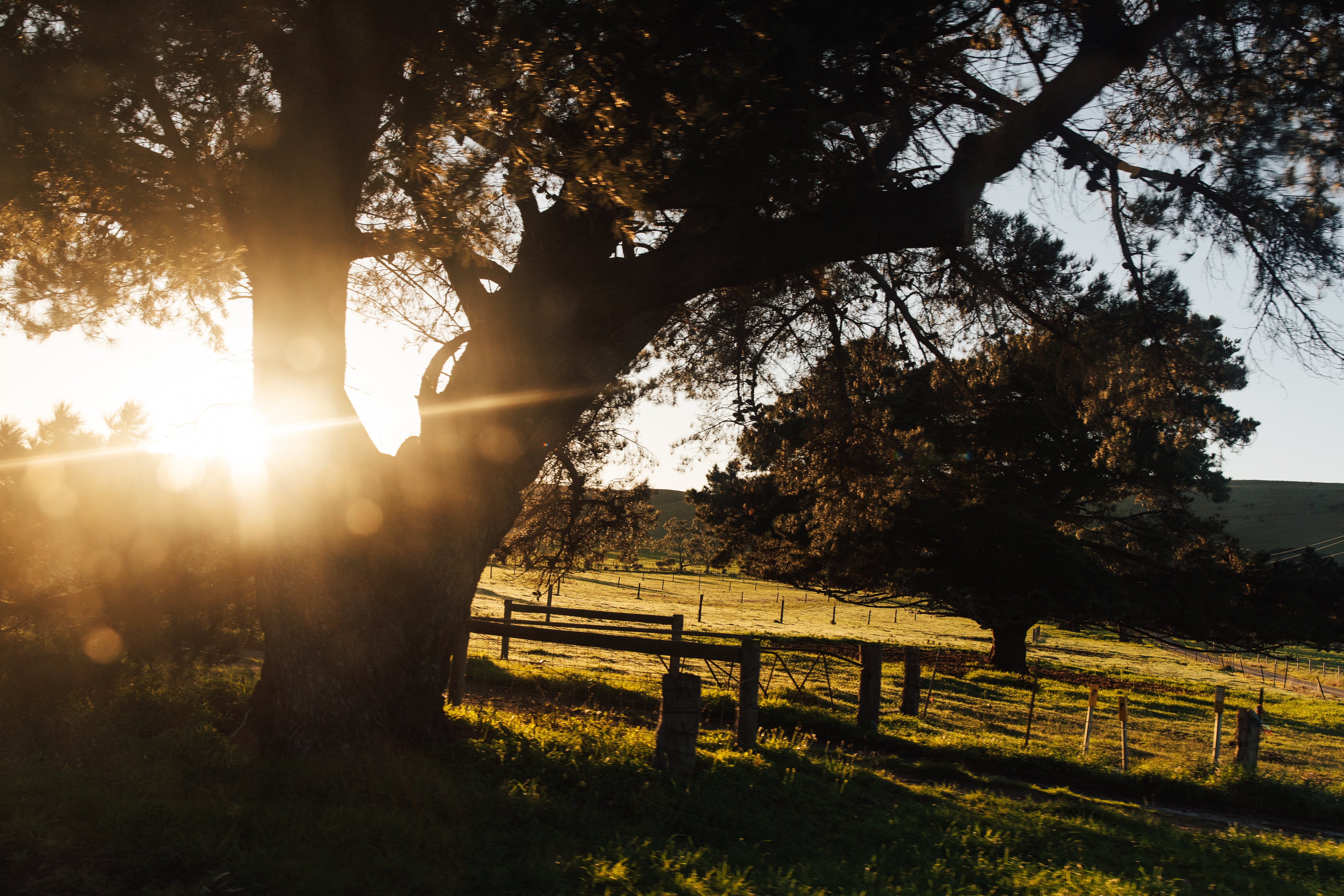
Beef producers urged to implement on-farm biosecurity programs
Livestock SA has welcomed the latest changes to the management framework of bovine Johne’s disease– with the Cattle Council of Australia Board amending current policy so beef herds with a transition score of J-BAS 7 or 8 will now revert to a J-BAS 6 if no on-farm biosecurity plan is in place by July 1, rather than J-BAS 0.
As part of the changes a wider range of information and resources on biosecurity plans will also be made available to producers on the Animal Health Australia website or through Livestock SA
Livestock SA President Geoff Power welcomed the adjustment to J-BAS rulings but said it was still vital that SA beef producers reviewed their responsibilities under the new framework which will be fully implemented from July 1.
“The introduction of national management of Johne’s Disease means the onus is now on producers to maintain their current J-BAS scores through their own on-property biosecurity plans.,” he said.
“With the end of the transitional period approaching, Western Australia will continue to require a J-BAS 8 score for any cattle entering the state from south eastern states (or J-BAS 7 from Queensland herds), while the Northern Territory will require a J-BAS 6 score,” he said.
“The remaining states and territories have overturned their JD regulations in favour of a market-driven approach which prioritises on-farm biosecurity. While J-BAS is voluntary, buyers across the country may request a J-BAS score before agreeing to purchase animals.”
Herds previously classified under the Market Assurance Program for Cattle (CattleMAP) or existing in the Free Zone in Western Australia have commenced with the highest possible J-BAS 8. Herds in the now defunct Protected Zone, Beef Protected Zone or classified as Beef Only in the Management Zone commenced with a J-BAS 7 score.
In order to maintain a score of J-BAS 7 or 8, producers must implement a biosecurity plan, overseen by a veterinary adviser, before 30 June 2017 and complete their first triennial Check Test within 12 months. Having a documented biosecurity plan in place reduces the risk of JD entering the property or spreading to other herds.
“It’s vital that every producer looks to put a plan in place by June 30,” Mr Power said.
Details: Visit www.livestocksa.org.au or call 08 8297 2299
